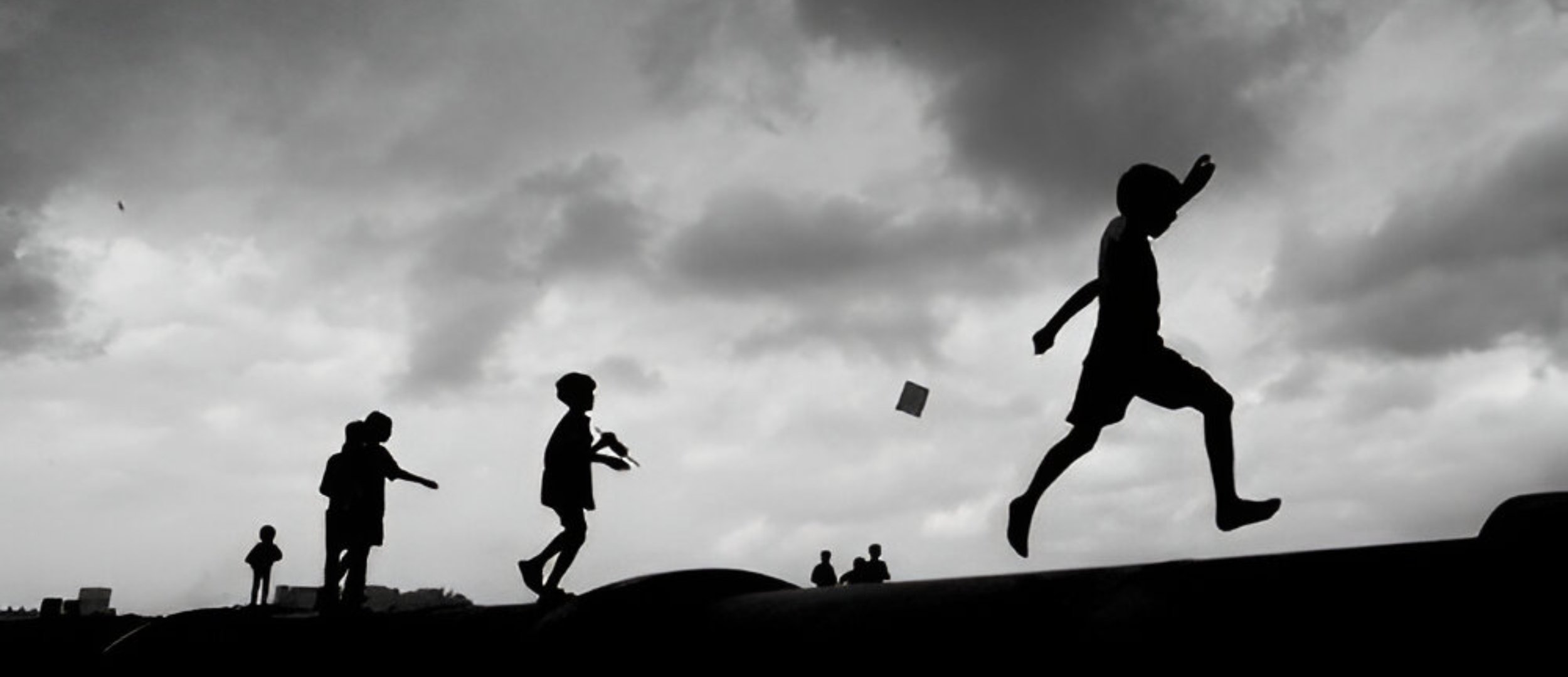
Love Pedagogy™
-
Love pedagogy, an educational method practiced and written about by Lisa Arrastia since 2014, informs the Young People’s Archives’ teaching and creative production. BeIow is Arrastia’s definition of love pedagogy in Niobe Way, Pedro Noguera, Carol Gilligan, and Alisha Ali's The Crisis of Connection (NYU Press, 2018).
To practice a love pedagogy is to be in relationship with your own fragile state on Earth, your own pain, and your own suffering; it is to simultaneously be in relationship with students' pain and dissatisfaction, their innate desire to know and understand; it is to acknowledge openly to the kids, not your stupidity, but your ongoing ignorance about the human condition; it is to design content that interests you, yes, but that provides ways for students to connect to themselves and witness others as both breakable and deserving of honor; it is to recognize teaching as a transdisciplinary art of social and intellectual engagement in which students grapple with the predicament of social dislocation, and social isolation, as well as conscious and subliminal social detachment. As teachers today, we must recognize that before now and after now, we were and always will be the observers and the victims of a crisis of connection unlike any that humankind has experienced in education. It is a socially constructed crisis, and this means that it is a crisis that teachers can deconstruct, disrupt, and then dismantle. Think of a pedagogy of love in the classroom as a horizontal act in which you don't look up to power and request or even demand from the public education system the return of your humanity in the liberation of young people. You just reclaim your humanity by liberating the kids.

